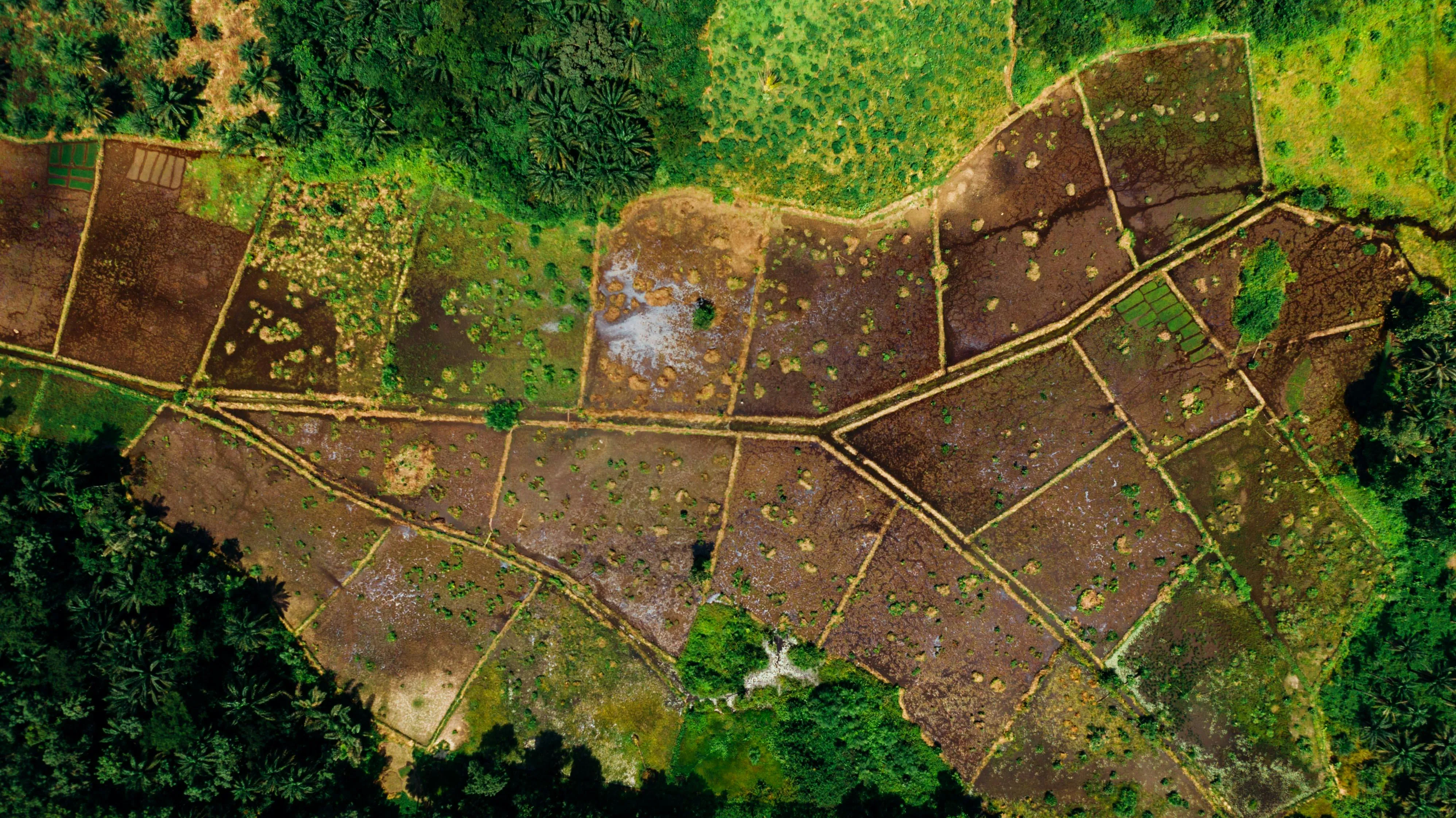Understanding Land Zoning: What R-1, R-2, and Other Zones Mean for You

Learn what zoning codes like R-1, R-2, and C-1 mean when buying land. Understand how zoning affects your ability to build, invest, and live on your property.
When you’re buying land, it’s important to know not just where it is — but what you can legally do with it. That’s where zoning comes in.
Zoning laws help organize cities and counties, ensuring land is used in ways that benefit communities, protect property values, and support future growth.
In this guide, we’ll explain what zoning means, break down the most common zoning codes (like R-1, R-2, and more), and show you why it’s essential to check zoning before buying land.
What is Land Zoning?
Zoning is a set of local laws that regulate how a piece of land can be used.
Cities and counties divide land into different “zones” to separate residential, commercial, industrial, and agricultural uses — ensuring each area develops properly and safely.
When you see a zoning code like R-1 or R-2, it tells you what type of property you’re allowed to build and what activities are permitted on that land.
Common Zoning Types Explained
Here’s a quick breakdown of the most common zoning codes you’ll encounter:
| Zoning Code | Typical Meaning |
|---|---|
| R-1 (Residential Single-Family) | Allows a single-family home. Usually restricts to one house per lot. No duplexes or multi-family housing. Ideal for private residences. |
| R-2 (Residential Multi-Family Low Density) | Allows single-family homes and, in many areas, duplexes or mobile/manufactured homes. Offers more flexibility than R-1. |
| R-3 (Residential Multi-Family Medium/High Density) | Allows multi-family homes like triplexes, townhouses, and apartments. Great for investors looking to build multiple units. |
| C-1 (Commercial) | Allows retail stores, offices, restaurants, and small businesses. May allow limited residential use above businesses in some areas. |
| AG (Agricultural) | Land is designated for farming, ranching, or rural residential use. Often has fewer restrictions but sometimes larger minimum lot sizes. |
| Industrial | Land used for factories, warehouses, or manufacturing plants. Generally not suitable for residential housing. |
Important: Zoning rules can vary by county or city! Always confirm with local zoning offices.
Why Zoning Matters When Buying Land
Zoning directly impacts:
- What you can build (home, mobile home, rental property, farm, business)
- How big you can build (some zones have minimum square footage requirements)
- What utilities or services you can expect (sewer, water, electricity)
- Future resale value (some zones are more attractive to future buyers)
If you buy land without understanding its zoning, you could end up unable to use it the way you planned.
How to Check a Property’s Zoning
Before you buy:
- Contact the city or county planning department.
- Ask for the property’s current zoning designation.
- Request any restrictions, future zoning plans, or updates.
- Look up zoning maps online if available (many counties offer free zoning lookup tools).
Pro Tip: Always get written confirmation of zoning if your plans depend on it.
Final Tip: Know Before You Buy
At Vine & Field Land Holdings, we want you to feel confident about your land purchase.
That’s why we always list the zoning category on every property we sell — making it easier for you to plan your home, investment, or dream project.
Understanding zoning is a small step that can make a huge difference in your land-buying journey.